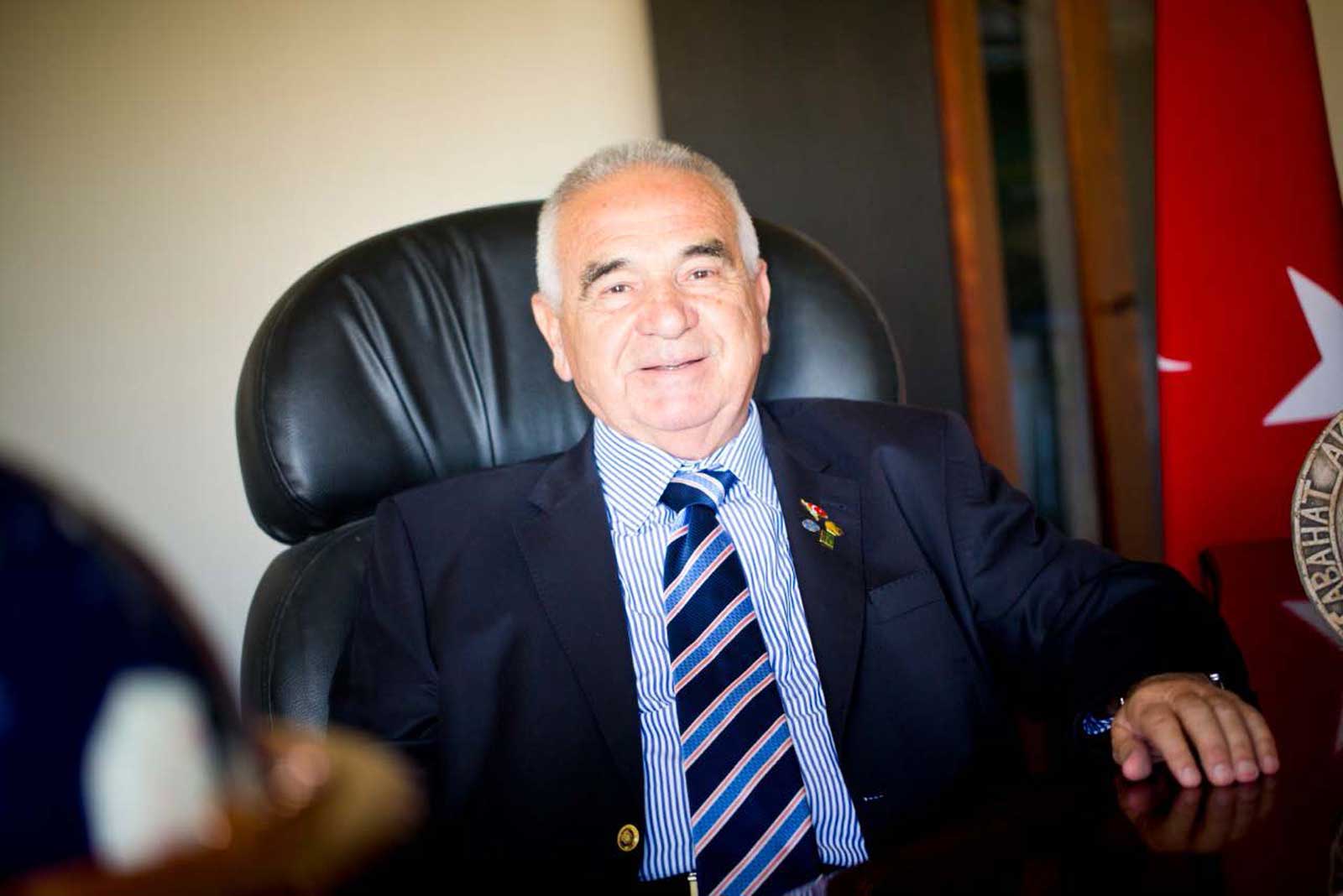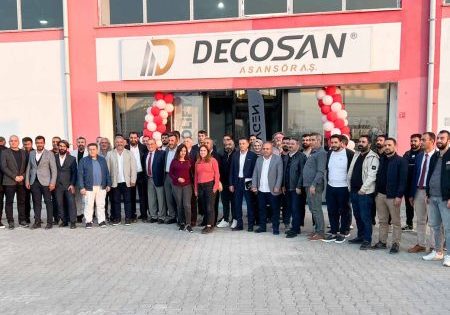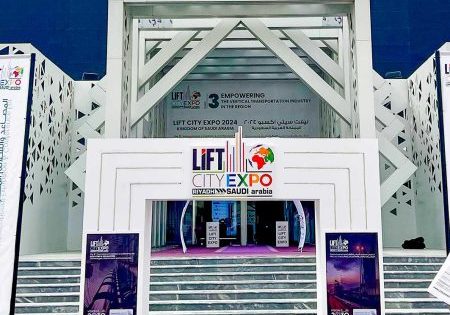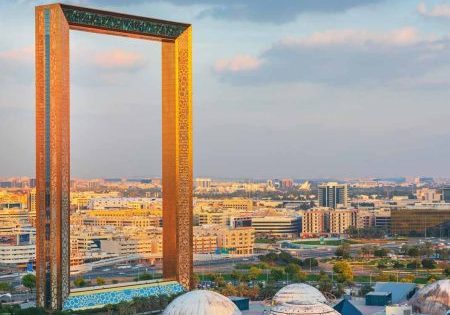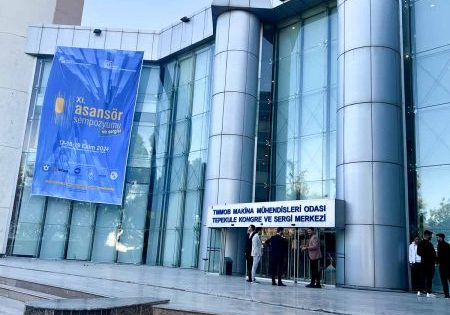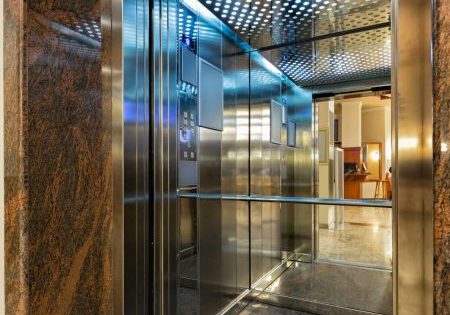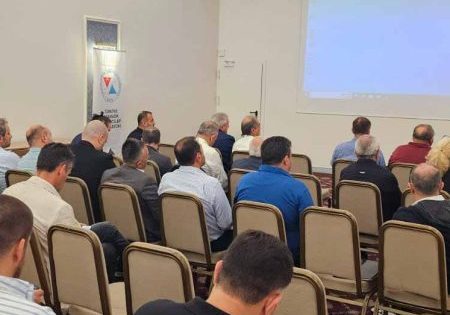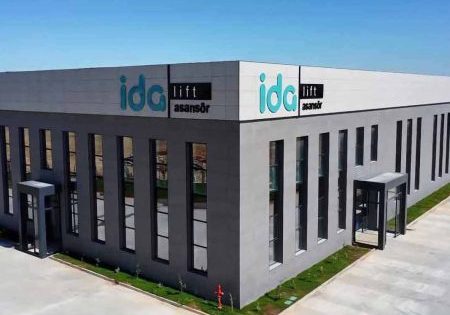A visionary with Balkan roots, Ali Aktaş aimed to establish a lift and escalator factory in Türkiye with ambitions reaching back to the Balkans.
Recognized as a pioneer in the Turkish lift industry and for his significant contributions to the lift and escalator sector, Löher founder Ali Aktaş passed away on September 11, 2024.
Born in 1940 in Gaziemir Seydiköy, Aktaş was the seventh of eight siblings. He recounted his journey in an interview during his lifetime:
“My family initially made a living through agriculture. Later, my brothers ventured into trade and, together with my father, opened a small produce shop. I worked there while in primary school, selling fruits and vegetables from a horse-drawn cart in the streets. I held many jobs like this. At 13, I left for Mithatpaşa High School. Art schools began at the secondary level back then. At 15 or 16, my family encountered financial difficulties, so I left school for two years to work as a welder. Later, I told my late father I didn’t expect support from him and wanted to resume my education. I attended school by day and worked in the evenings. After high school, I began working for a lift operator. I already knew metalwork and welding, but lifts also involved electrical skills, so I enrolled in electrical courses at Çınarlı Vocational High School. I worked during the day and attended classes in the evenings. Between 1960 and 1964, I worked as a lift technician, even continuing briefly after my military service. Then, in 1967, I took a leap and founded Aktaş Lift.’’
Work Before Money
In 1967, after leaving his previous employer, Aktaş used his final paycheck to bolster his savings and launched his own business. Operating out of a modest 25-m2 workshop in Alsancak, he serviced and repaired lifts. Reflecting on his path to success, Aktaş shared, “Under the circumstances of that time, I unknowingly did something pivotal: I built trust with my customers. When contractors came to me for lift maintenance or repairs, they’d ask, ‘How much will this cost?’ My response was always, ‘I won’t request payment upfront. I’ll finish the job, and after the lift has worked reliably for one to two months, I’ll bill you.’ Back then, without realizing it, I was building strong connections with Izmir’s top professionals. Those relationships became the foundation that helped me grow.”
They Said the Guillotine Shears Would Sink Me
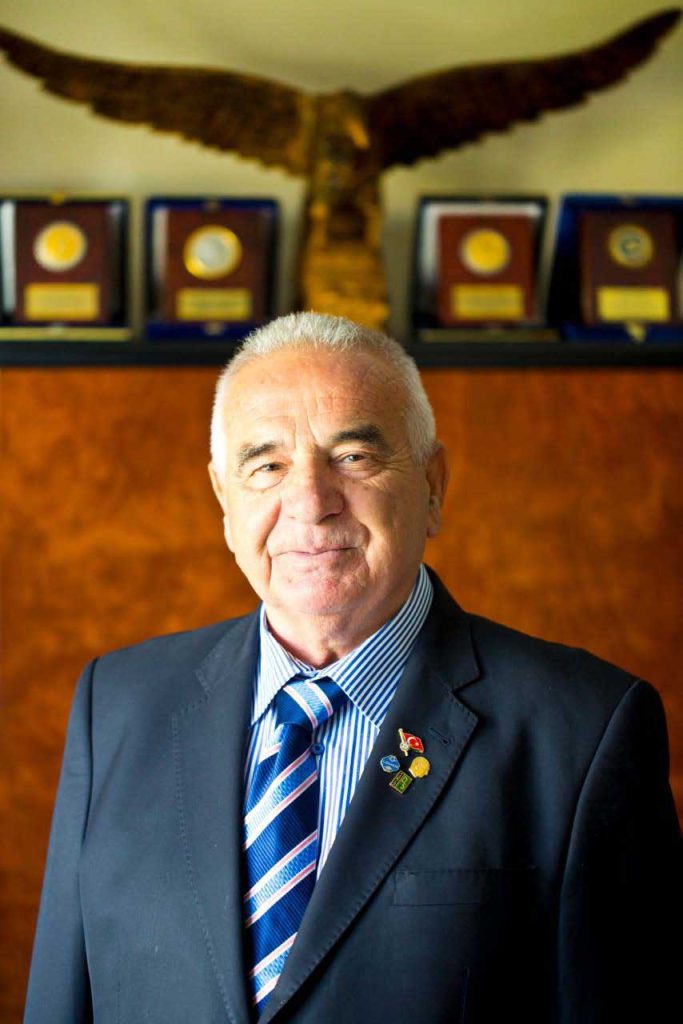
A forward-thinking businessman, Aktaş believed in laying down a solid foundation for industrial development. He recounted a pivotal moment in 1972: “I took a loan of 350,000 lira from Halkbank and shifted from lift maintenance and repair to manufacturing. That loan was a turning point — it allowed me to become an industrialist. With it, I purchased a guillotine shear for 100,000 lira, the most expensive shear available at the time. Many thought this investment would be my downfall; even my support network seemed to disappear. But I persisted, worked hard and repaid the loan. That shear still functions today. Industrialism is a marathon; those who try to sprint through it ultimately fail.”
A Fractured Partnership Sparks Innovation
Aktaş recounted how, in the late 90s and early 2000s, his company represented a German lift manufacturer in Türkiye. This partnership eventually led the German firm to propose an ownership stake, as Aktaş explained: “They initially acquired 40% of our company for 5 million Marks. Later, they suggested raising the investment to 10 million Marks but required 60% ownership. I refused. When I didn’t agree to their terms, they withdrew the partnership offer and revoked our representation rights.” At that time, Kipa, a major Turkish retailer, had a project requiring escalators, so Aktaş approached the German company for the purchase. “They refused to sell us the escalators, even though we offered to pay. That’s when I decided, ‘I can build this escalator myself,’ and set out to do so. We sourced an escalator from China, dismantled it, analyzed every component, and began production in collaboration with local universities. By 2001, we displayed our escalator at a German trade fair. Initially, they doubted that we’d built it ourselves, but we convinced them.” Reflecting on this pivotal shift, Aktaş added, “Today, the escalators we manufacture at our facility in the Izmir Free Zone are installed both in Türkiye and in numerous cities worldwide.” This determination transformed Aktaş’s company into a producer, not just a distributor, in the global escalator market.
On behalf of the sector, we wish God’s mercy upon Ali Aktaş and offer our condolences and patience to his family, relatives and loved ones.
Get more of Elevator World. Sign up for our free e-newsletter.
